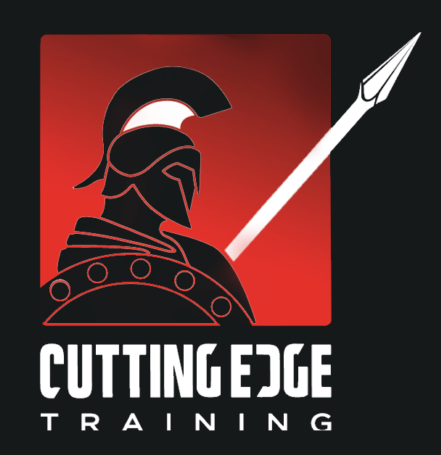There is always a lot of complaining by police defensive tactics instructors that officers don’t like to train in DT. They bemoan the lack of time to train there officers to gain a high level of competency. They argue that these skills are highly perishable and without frequent and recurrent training, there is no way to build capability in the average officer.
There are two ways of gaining expertise and overcoming the problem of perishability in high skill training. Sufficient training time and commitment to instill in the schema of those highly evolved movements and skills is but one way. Training time is expensive and many agencies struggle to meet minimum staffing for their shifts. Intensive, recurring training requires either high budgetary commitment, high personal effort and time commitment, or both.
The other way, within current budgetary constraints (and reality), is to provide training the officers will use every day, thereby gaining OJT (on the job training). If principle-based training is indeed primally hardwired into our human blueprint, then EVERY TIME a police officer puts hands on a subject, that principle-based training is reinforced (in essence, practiced).
For a simple example, a not-yet resistive but nominally non-compliant subject is not going along with the program and the officer is legally justified to put hands on him. The officer step in at an angle (Universal Principle of Combatives: “Step in angles and circles”), takes hold of the subject’s elbow (Universal Principles of Combatives: “Constantly target seek” and “Always put reasonable weapons to reasonable open targets”), and then likely presses the elbow against the officer’s torso (Universal Principle of Combatives: “Put body parts to body mass—or closer-stronger”). Now the officer moves his/her body and the suspect must contend with his elbow being affected by not only the officer’s strength but also the officer’s weight. Greater level of success and effectiveness.
How did the officer know do to this? Because the officer learned through Universal Principles of Combatives drills that they gain success through grabbing the elbow with both hands and pulling the elbow into their body rather than playing wrist games and control holds with suspect which are generally ineffective against someone of similar size and strength who doesn’t want to play with the nice officer holding his arm. Soon, everything the officer touches is pulled into their bodies (or their bodies go to the object/limb/suspect body part) as a matter of habit with little or no thought because the officer is stronger, closer, and more effective, gaining a history of success that pays off when one day the suspect draws a gun and shoves it into the officer’s chest. The officer immediately defends by slapping and then does what? Grabs the gun-arm and pulls it into his chest (paying attention to the muzzle direction). Then the cop solves the problem however that looks for him/her this time.
So every time the officer puts hands on someone to arrest, to control (a false concept, BTW), or gets into a small tussle or big fight, the primal blueprint is reinforced and solved through the Universal Principle of Combatives. OJT serves as a primary training vehicle as each officer problem-solves through the day, discovering what works and what does not for THAT OFFICER. Work becomes the repetitions necessary for greater mastery and a source for unconscious competence because there’s little to “remember” and perform other than just doing what my body does before big, strong, athletic, uninjured, well-trained men taught me how to fight like them.
Our experience in those agencies adopting the principle-based problem-solving concept is that officers begin to enjoy DT training because it becomes relevant rather than a source of failure tfor them. Think about your own reaction to classes where the instructor is busy telling you about all of the virtues of his/her program when the information is just not relevant to your job or, worse, impracticable. On the mat, you are now forced to make a physical effort where you will be put in pain, be exposed to injury, and be forced to practice complicated procedures you can’t remember how to do within hours or days and will never try against someone trying to injure you. If you failed at something every time you attempted it on the street, how excited would you be about going to training, getting sweaty and sore and possibly injured? You’d become a “slug,” a “whiner,” and a “complainer.”
Instead, when it is relevant and you can gain success that fits your physical, mental, and emotional needs in that very scary situation where not only can you be injured or killed, but your personal reputation as a cop is on the line, then training becomes something you can look forward to.
If your cops are avoiding DT training or showing little enthusiasm while on the floor, maybe look at the program you are teaching and not at them. Not a single cop I’ve ever met in 33+ years went into LE not wanting to be well-trained. We, instructors, turned them away from training, discouraging them through complicated, impractical methods we purported would work if only they would spend the effort to become as good as we are. When instructors blame the students for “not getting it,” the instructors should stand in front of a mirror and say that to their reflection.
When we provide relevant, achievable, less-perishable, practically applied training they can be successful with, their attitude changes. Classes are met with enthusiasm. They actually look forward to training and become willing to make efforts during instruction because they know it will work on the street for them.

